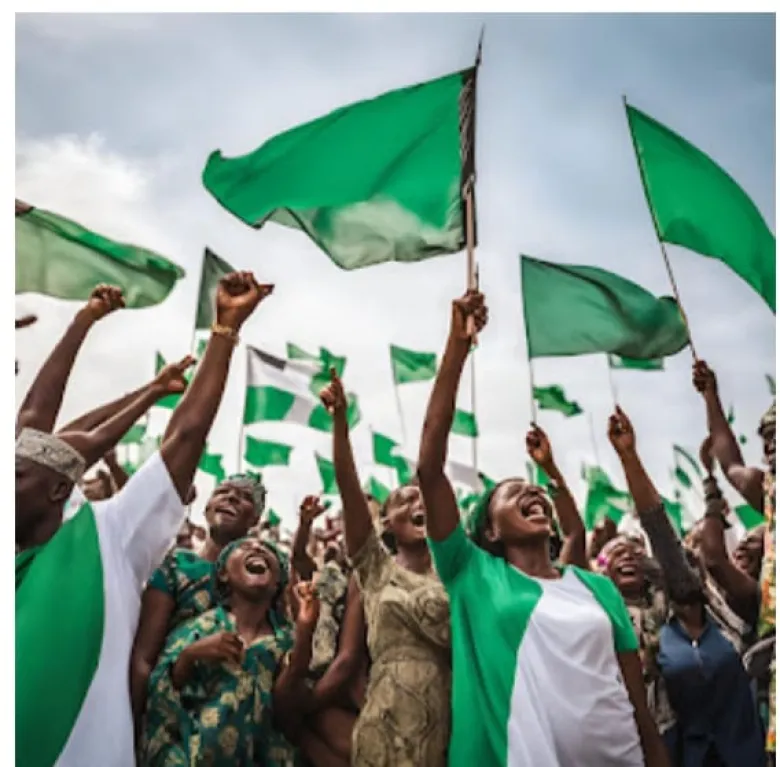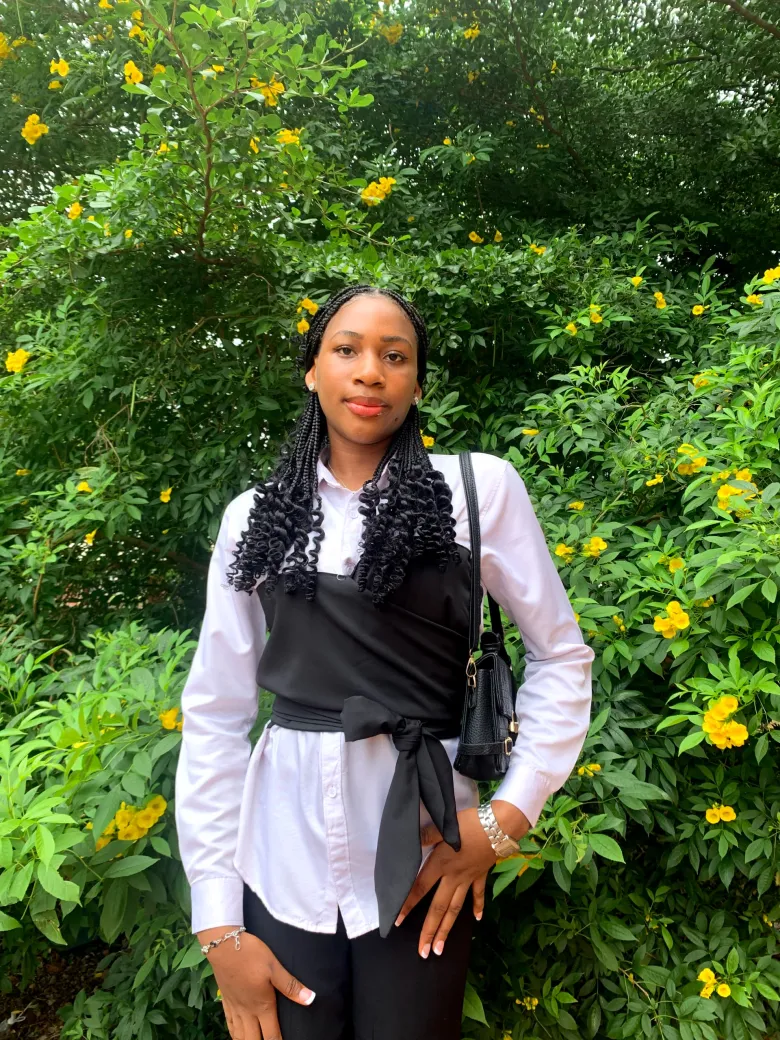In the contemporary world, democracy ranks as the most popular, dominant, and widely adopted form of governance. Nigeria is not left out of this global trend as it has been crowned Africa's largest democracy.
Although the Nigerian democracy continues to face several challenges, we cannot declare the need for its abolishment. A simple scrutiny of the democratic process is enough to prove this.
Popularly termed “the government of the people”, democracy stands as a system whose establishment is wholly centered on the masses. This means all government actions, laws, and activities are made for the people's interest.
This principle was upheld in 1985 when Military President Ibrahim Babangida called for Nigerians' opinion regarding the regressive terms set by the International Monetary Fund (IMF) on a sought-after loan. Subsequently, General Babangida revealed in a national broadcast that consideration of the loan would cease for the sake of democratic patriotism. This proclamation shows how public opinion is valued in a democratic process.
Democracy has been the mastermind behind many declarations and struggles for safeguarding fundamental human rights. Today, human rights have more security than they did during military regimes; where constant infringement of civilians' rights was the order of the day.
Inarguably, many Nigerians are still suffering from human rights abuse by the military and other security agencies in the form of excessive torture, arbitrary arrests, forced evictions, and extrajudicial executions among others.
An article by Amnesty International titled “Human Rights in Nigeria" stated how reports were made in December 2022 by Reuters that the Nigerian military had conducted a secret-forced abortion program in the northeast from 2013. This led to the termination of at least 10,000 pregnancies without the prior knowledge and consent of the women and girls affected. This is an obvious offence against humanity and democratic principles provide an avenue to condemn such acts.
Democracy has also birthed several changes and radical movements since its inception in Nigeria. However, the most recent and laudable of them has to be the ENDSARS protest of October 2020. This initiative of Nigerian youths, activists, and popular personalities formed a social movement and mass protest against police brutality. Thousands of men and women across various states took to the streets and online platforms to speak up against the abuse of power by the Special Anti-Robbery Squad (SARS). These protesters clamored for their disbandment and demanded justice for all victims.
The revolutionary movement showed Nigerians' determination to fight for their rights. It received local and international support and proved that Nigerian democracy is not just nominal but as practical as it can be.
Although the ENDSARS demonstration resulted in the death, unlawful detention, and traumatizing assault of young citizens, it continues to stand as a prominent display of democratic dynamism in Nigerian history.
However, it is no lie that Nigerian democracy is far from flawless. Historically speaking, democracy was never given a proper chance to firmly root itself in the political and social lives of the Nigerian people due to military interventions as early as the Civil War (1967-1970). This brings us to our current state of a corruption-plagued nation with rising cases of insecurities and constant displays of religious and tribal tensions which inadequate government institutions are failing to curtail.
Hence, there is an obvious need to restructure the Nigerian political system to abide by the tenets of a pure democratic process. The fight for democracy is therefore an uphill battle that requires all citizens to play their part for the common good.
The main focus for democracy should be improvement rather than abolishment. For all we know, democracy may be Nigeria's only saving grace.





